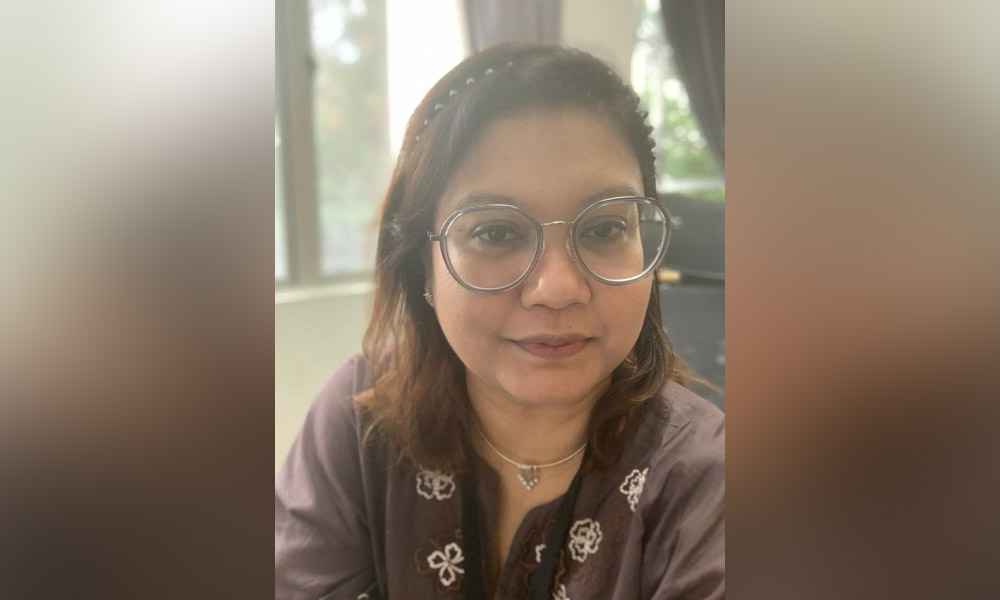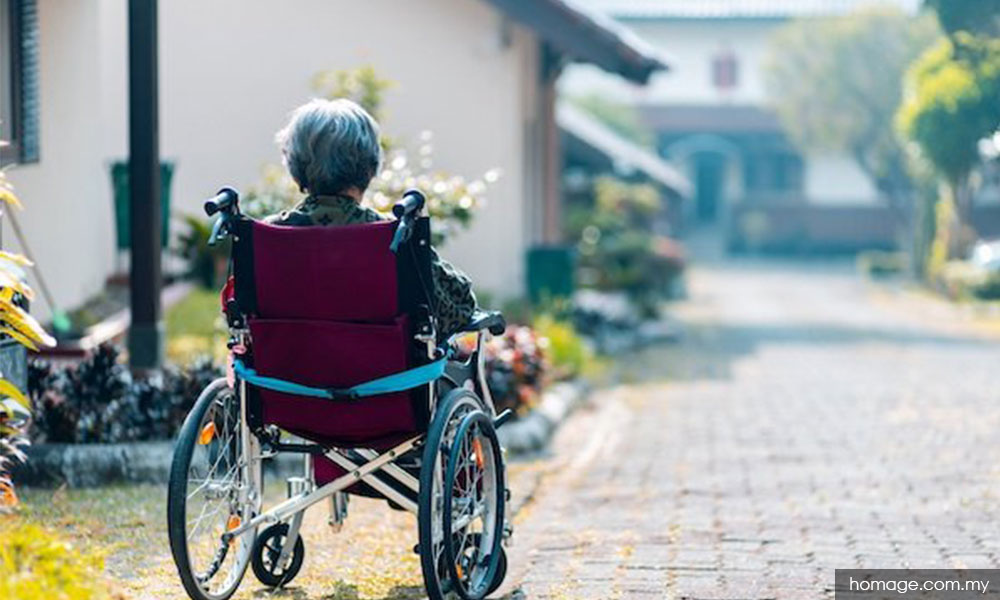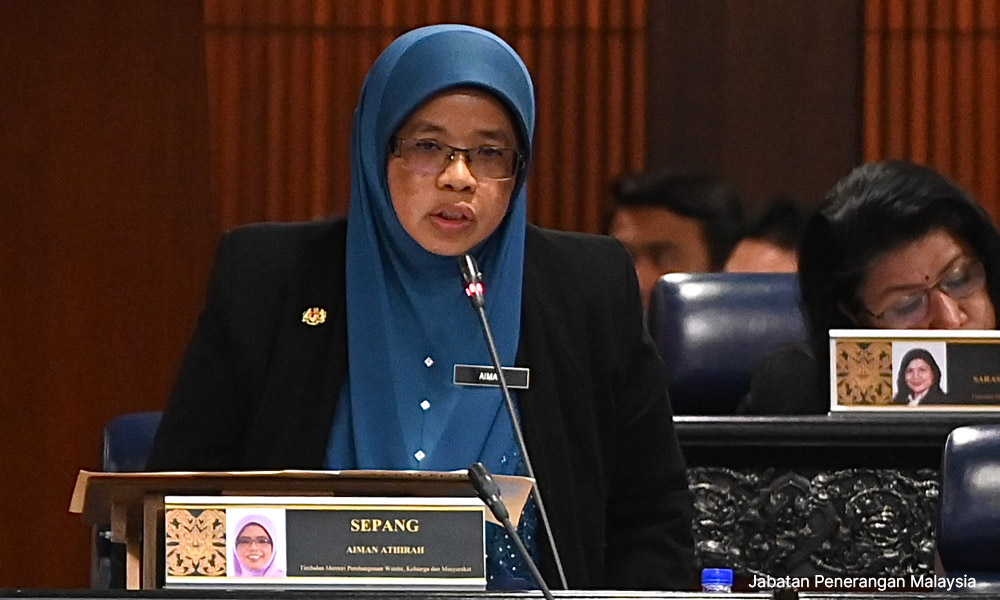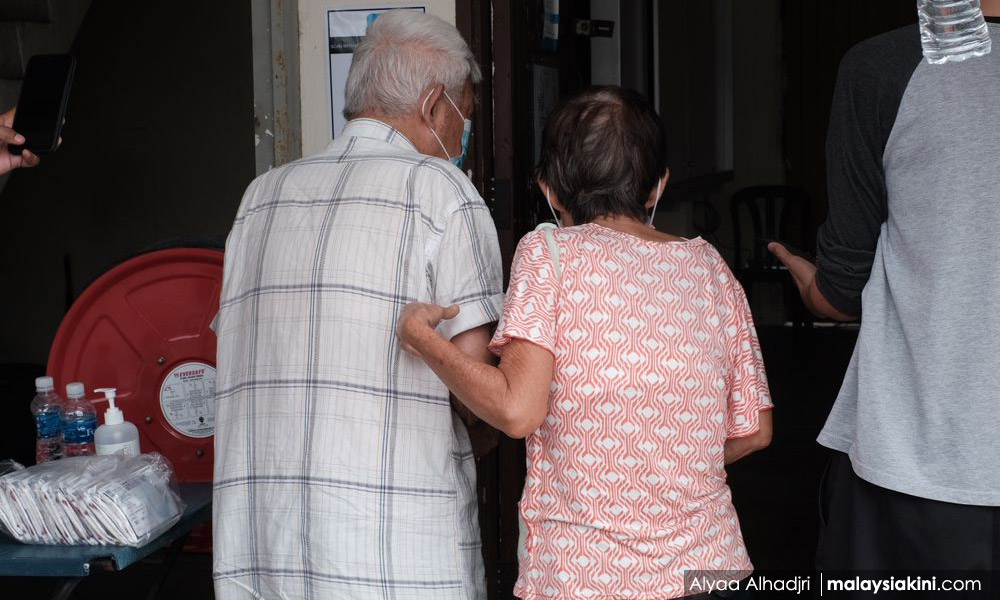A proposal to penalise adult children for not supporting their senior citizen parents despite being capable of doing so has raised serious concerns for experts on senior citizens’ welfare.
Malaysian Healthy Ageing Society president Dr Shahrul Bahyah Kamaruzzaman and gerontologist Lily Fu told Malaysiakini that punitive measures are not the way to go in encouraging filial piety in adult children.
“There would be serious concerns if the bill were to include provisions involving children who are not filial to their elderly parents.
“Education is always a better approach than punitive measures as the root cause of lack of filial piety is multi-factorial.
“This mandate needs to provide for more useful incentives and inclusive support to the elderly and the children of elderly parents,” Shahrul said in a written response.
Among the issues the public should be educated on are matters related to healthy ageing and financial literacy from a young age so that they can prepare for their golden years, she added.

Shahrul suggested that the government look into solutions that encourage public and private participation.
“People who depend solely on the Employees’ Provident Fund (EPF) in their old age may soon enough learn of its limitations and insufficiency at retirement age.
“Investment plans with insurance companies and general wealth management investment programmes may be the answer to a much healthier proposition for healthy ageing,” the geriatrician said.
Fu pointed out there are many reasons why adult children decide to send their parents to a nursing home.
“Punishing them is not an answer or solution. I am sure you can think of the reasons. Sending parents to a good care home is not abandoning them,” she said.

Fu is also the vice-president of the University of the Third Age - a programme that supports lifelong learning for older individuals - under Universiti Putra Malaysia.
They were both commenting on the recent Women, Family and Community Development Ministry’s announcement of a planned Senior Citizens Act.
The ministry revealed efforts to table the Act in 2024 while responding to a lawmaker’s question in the Dewan Rakyat last Wednesday (March 15).
Hulu Langat MP Mohd Sany Hamzan had asked whether the government intends to introduce a law to deduct the salaries of adult children who send their parents to nursing homes - a suggestion the ministry said it would consider.
Why the delay?
Shahrul and Fu both welcomed the ministry’s move but said more details are needed on what the legislation would cover.
Fu also questioned the lack of urgency in enacting laws on senior citizens’ welfare.
She pointed out alarms had been raised as early as 10 years ago about Malaysia becoming an aged nation by 2030.
“Time is something the elderly do not have. How long will they have to wait to see the Act become a reality?
“So much delay. So much to do, so little time left for the elderly, especially the B40 who are suffering each day from abuse and/or abandonment,” Fu said.
In 2018, the Pakatan Harapan government said it would table a bill on the welfare of senior citizens. This was followed by the Ismail Sabri Yaakob administration which drafted a senior citizens bill in 2022.
In the Dewan Rakyat last Wednesday, Deputy Women, Family and Community Development Minister Aiman Athirah Sabu said the ministry had conducted a study into enacting an Act for senior citizens which would lead to the tabling of the bill in 2024.

Fu said any decision-making group should include representation from those directly affected.
“There must be leaders from the elderly on the streets themselves, especially the B40, to sit in and share the problems they face daily,” she added.
She went on to say that it was a waste of time and research from 2018 only for the government to go back to the drawing board on a Senior Citizens Act now.
Legislation in other countries
Fu referred to other countries with similar legislation on the maintenance of parents, such as Singapore and India, in addressing abuse and neglect of the elderly.
For example, India has a Maintenance and Welfare of Parents and Senior Citizens Act legislated in 2007.
The law included provisions to safeguard India’s senior citizens and specifically prescribed the state’s role in taking care of them.
It also placed a legal responsibility on children, including those living abroad, to provide a monthly allowance to their parents who are unable to maintain themselves.
If the children fail to comply after a tribunal under the act directs them to pay the allowance, the tribunal may either issue a warrant to levy the due amount from the children or sentence them to imprisonment for up to a month.
Closer to home, Singapore also has a Maintenance of Parents Act enacted in 1995.
The Act stated that any Singapore resident aged 60 and above who is unable to maintain themselves adequately is entitled to claim maintenance from their children.
This maintenance can be a lump-sum payment or monthly allowances, and a tribunal constituted under the Act may decide this payment sum.
Those found to be in contempt of the tribunal’s orders may be fined not more than S$5,000 (RM16,700) or face an imprisonment term not exceeding six months.

However, it was reported last November that the Singaporean government now intends to amend the Act to strike a balance between protecting the welfare of vulnerable senior citizens and preventing the misuse of the law against children.
Four amendments have been proposed to the act, including adding a clause that parents with a record of abusing, neglecting or abandoning their children have to seek permission from the tribunal first before asking their children for maintenance.
Elder abuse
In Malaysia, there have been reports of startling numbers related to elder abuse and neglect over the years.
It was reported last year that 2,144 senior citizens were abandoned in hospitals and welfare institutions.
Though social workers would trace the senior citizens’ next of kin, in most cases, the next of kin would refuse to bring their elderly relatives home.
Some even denied any knowledge of the senior citizens that were traced to them.
The Malaysian 2018 National Health and Morbidity Survey also reported that almost one in 10 senior citizens suffered abuse from their relatives at the time. - Mkini



No comments:
Post a Comment
Note: Only a member of this blog may post a comment.